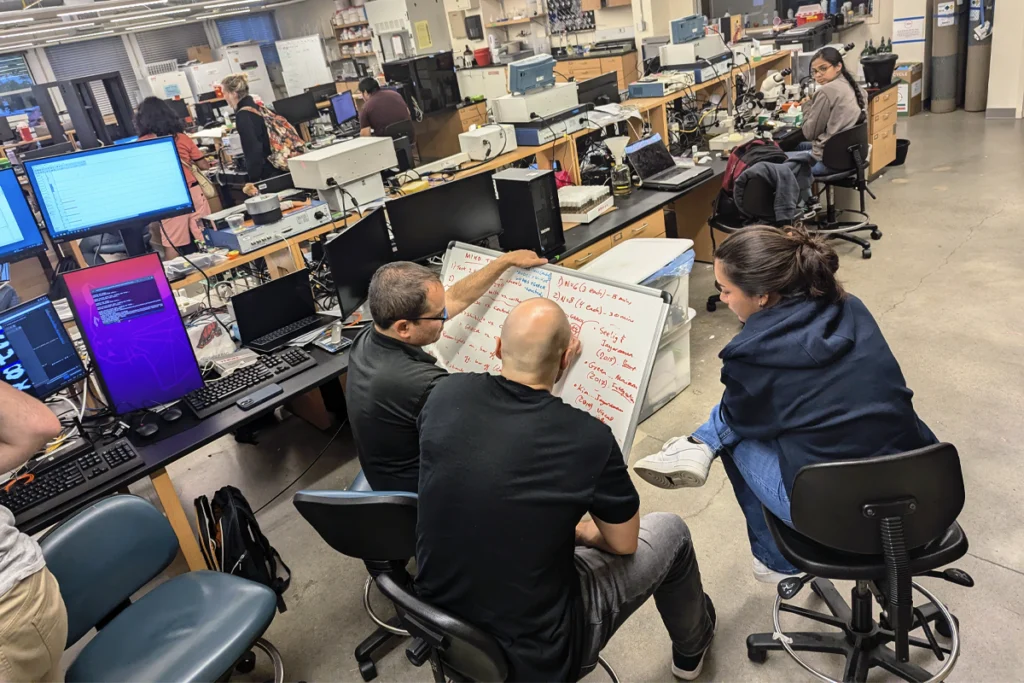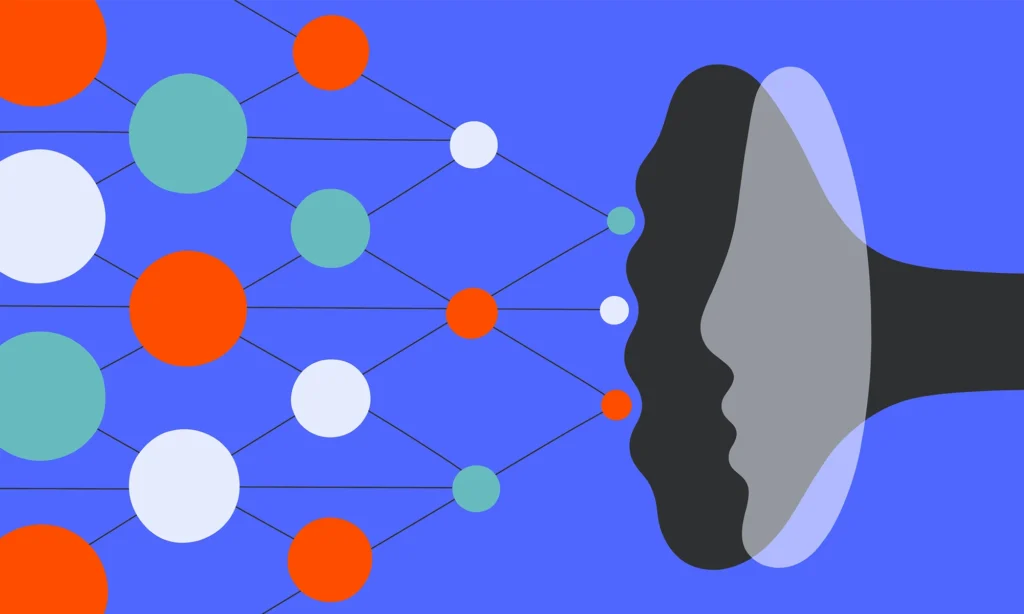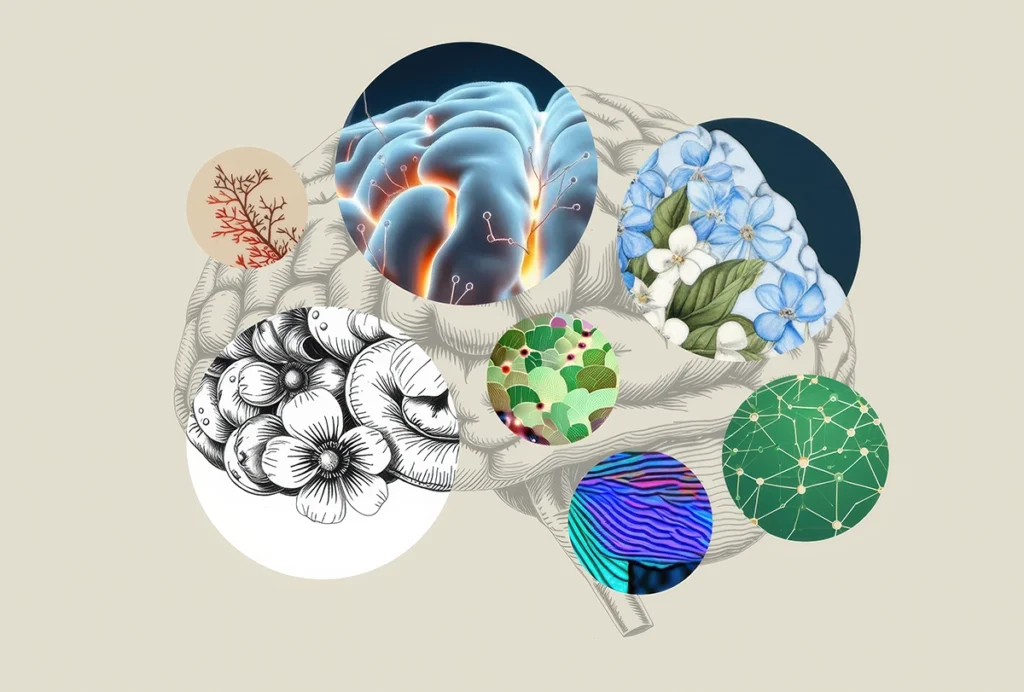Having gone directly from undergraduate to a Ph.D. program, neurobiology student Chiaki Santiago had only ever known academic research. But after her self-described “gung-ho” aspiration for a professorial career slipped during the COVID-19 pandemic, she decided to gain some experience in the biotech industry, she says.
That goal became easier in 2023, when Santiago’s graduate program at the University of California, San Diego (UCSD) launched a pilot summer internship program. For 10 weeks, Santiago worked as an intern at pharmaceutical company Neurocrine Biosciences, where she examined in vivo electroencephalogram signals in rats as biomarkers for neuropsychiatric diseases. Her graduate program provided a boilerplate memorandum of understanding that she and her adviser filled out together and that outlined the details of the arrangement, including the lab work she expected to complete prior to her internship.
The initiative, which continues until at least next year, is a “tiny effort” to cater graduate training to students interested in careers outside of academia, says Sreekanth Chalasani, associate professor of molecular neurobiology at the Salk Institute, who helps coordinate the UCSD internship program as an assistant adjunct professor.
Many students now enter neuroscience doctoral programs with the goal of working at biotechnology or artificial-intelligence companies, he says. “These are not alternative careers,” he adds.
The internship program at UCSD is not the only one available. Harvard University, Johns Hopkins University and the University of Minnesota also offer students the opportunity to work in industry while completing degrees. Fourteen neuroscience students at Harvard University have completed internships over the past six years, and three more are set to do so this summer, says Susan Jackson, neuroscience program administrator at Harvard.
Vanderbilt University’s medical school offers another model: a part-time internship conducted alongside the student’s ongoing doctoral research. The program prioritizes projects that can be conducted remotely, such as data analysis, or locally at nearby nonprofits, given that the university’s location, Nashville, Tennessee, is not a biotech hub, says Ashley Brady, associate professor of medical education and administration, who oversees the internship program. Ten neuroscience Ph.D. students have opted for this experience over the past nine years, she says.
Neuroscience programs with optional internships can better help students see the relevance of their skills in industry and other sectors, says Alison Adcock, associate professor of psychiatry and behavioral sciences at Duke University.
The cognitive neuroscience doctoral program at Duke plans to offer current students the option to do an internship as part of their training as early as next summer, says Adcock, who oversees the new internship program. The program falls within a funding package from the National Institutes of Health aimed at expanding career opportunities for students.
For decades, the neuroscience field has produced more Ph.D. graduates than there are tenure-track jobs in academia, Adcock adds, and the field has been slow to adapt to that trend. Expanded training for industry jobs could improve not only graduate students’ career prospects, but also their mental health, she says. Research advisers stand to gain, too, when students return to the lab with new skills and perspectives to share with colleagues.
“It’s not that they’re making allowances for a student who needs something particular, but the industry experience or the internship experience can benefit a home lab,” Adcock says.
U
CSD decided to launch its pilot internship program after it surveyed students at the end of 2021 about their interest in internships, according to Brenda Bloodgood, associate professor of neurobiology at UCSD, who directs the neuroscience graduate program. Nearly all respondents—59 out of 63—said that they were interested in an internship program, and all but one said that it would add to their Ph.D. training.The program systematizes the “process in and the process out of doing an internship,” Bloodgood says, by structuring the conversation between a willing thesis adviser and their student interested in a summer internship.
Three other students joined Santiago in the first year of the internship program. Santiago returned to academia with a new career goal: Obtain an industry postdoctoral or scientist position. She credits that decision to her internship experience. “Without that, it would have been pretty difficult,” she says.






